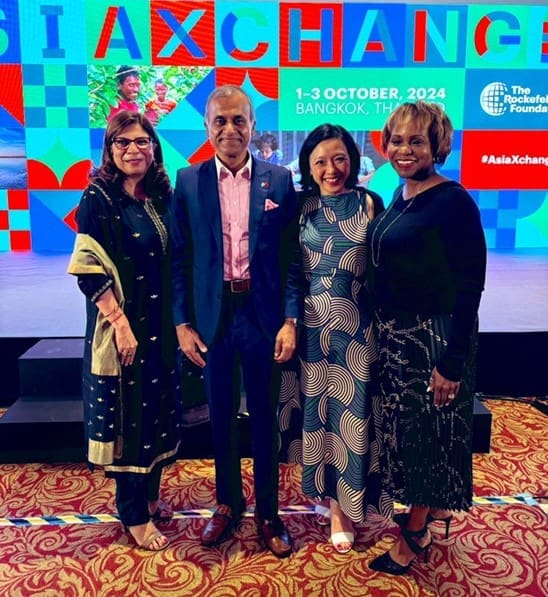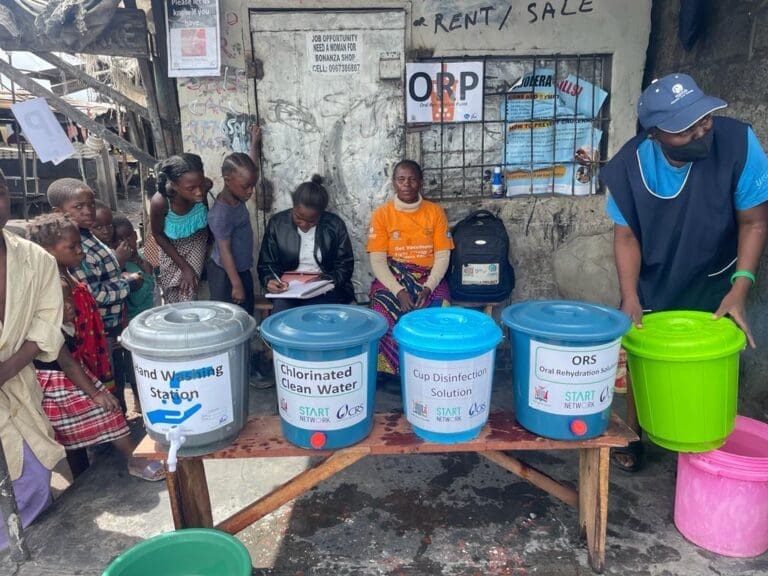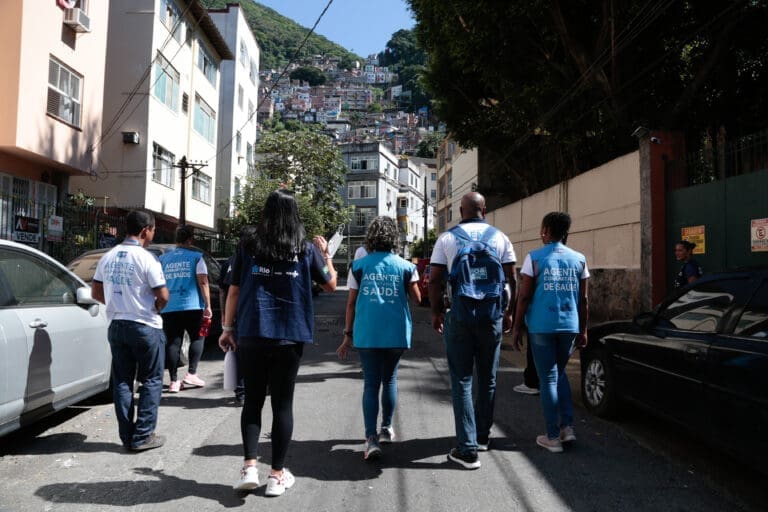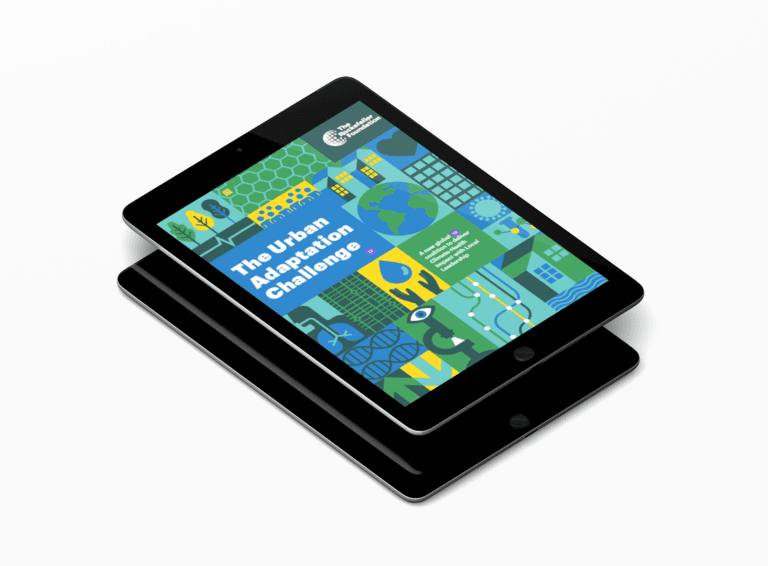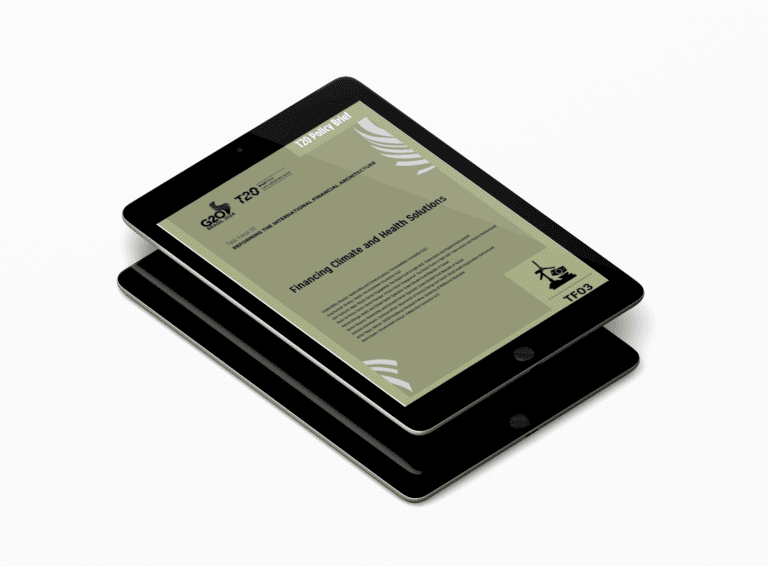1106 Search Result Items
- Grantee Impact StoryNurturing Climate Finance Leaders in Vulnerable Nations. V20 Finance Fellows are being equipped with the …
- Press ReleasesNew UN China and Rockefeller Foundation Collaboration To Advance Climate Solutions in Africa and Asia. …
- SpeechesNaveen Rao: Redefining Global Health Amid Climate Shocks. .
- Press ReleasesPasteur Network Launches Pioneering Project at World Health Summit To Tackle Health Impacts of Climate …
- Press ReleasesRockefeller Foundation Joins G20 Global Alliance Against Hunger and Poverty To Advance Climate-Resilient School Meals. …
- Press ReleasesThe Rockefeller Foundation Expands Big Bets Climate Fellowship to Asia-Pacific at AsiaXchange 2024. .
- Press ReleasesThe Rockefeller Foundation Identifies Critical Gaps in City Responses to Climate-Induced Health Threats. .
- InitiativeUrban Climate-Health Action. Supporting city leadership to advance climate-health solutions.
- ReportUrban Climate-Health Action: A New Approach to Protecting Health in the Era of Climate Change. …
- ReportT20 Policy Brief: Financing Climate and Health Solutions. In this T20 Policy Brief, The Rockefeller …

